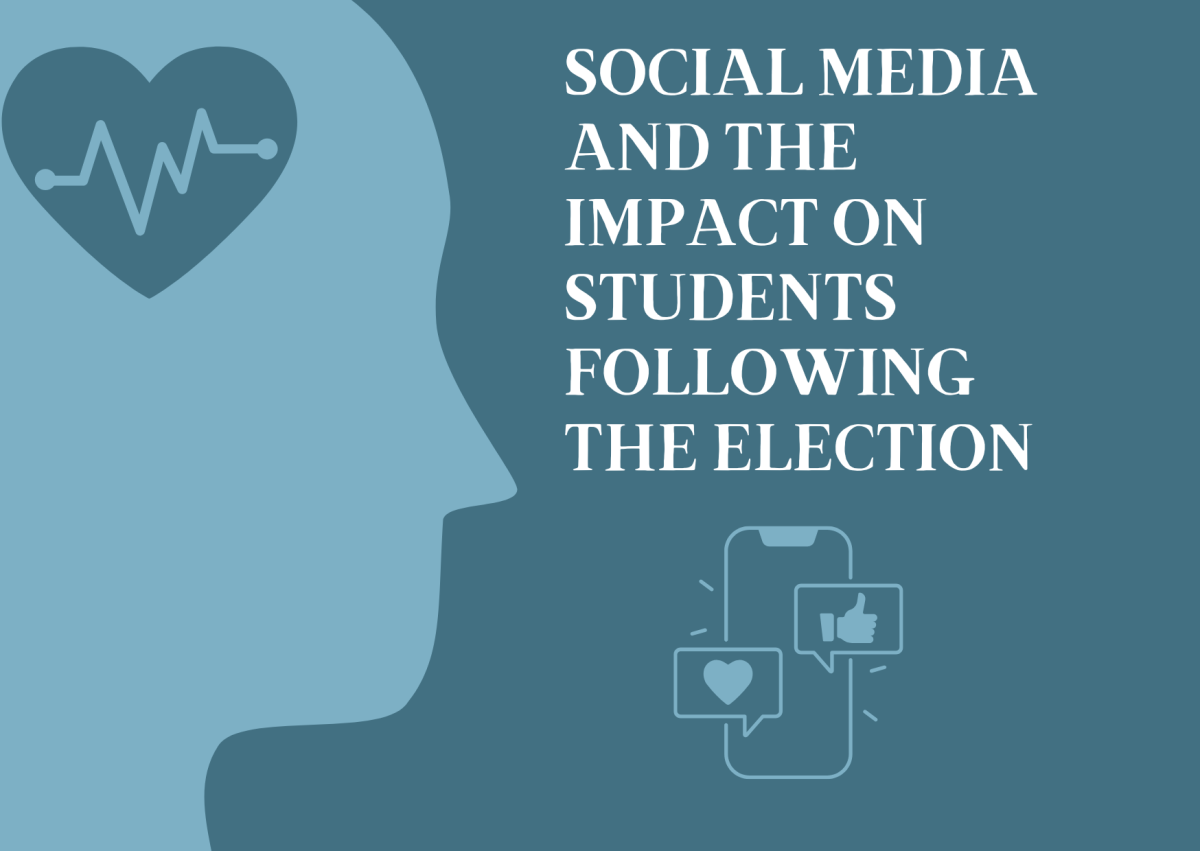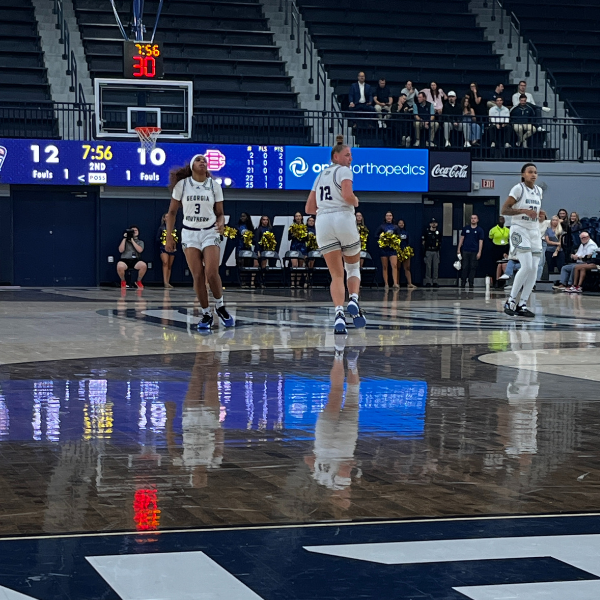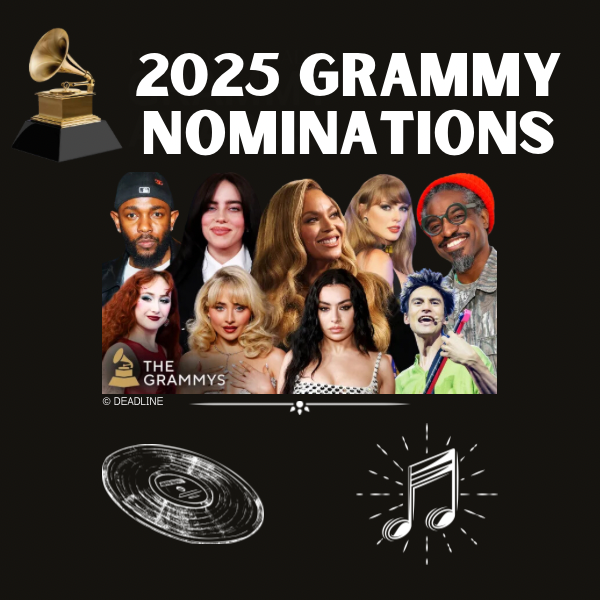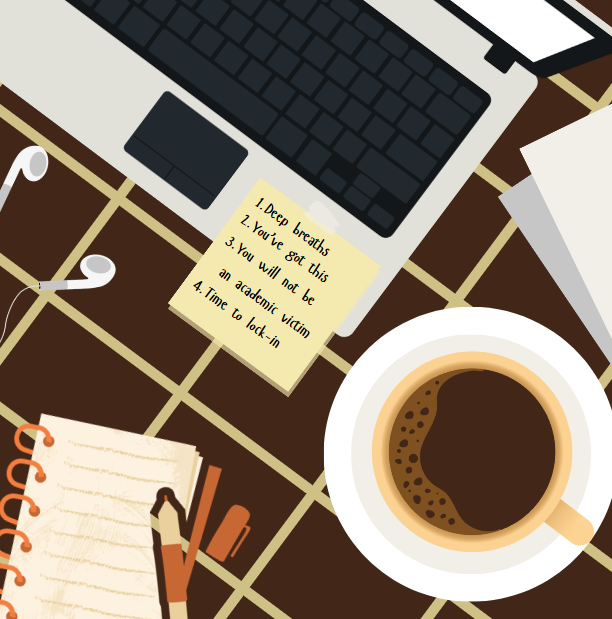Following last week’s election, social media has been in a frenzy with everyone’s opinions about the results. While some students use social media to escape reality, some have found themselves “doom-scrolling” for hours on end.
Doom-scrolling is the activity of spending lots of time looking at your phone and reading bad or negative news stories. Social media already has many negative impacts on mental health, but this does not make it any better.
Some students described the current social media environment as “hostile”, “scary”, and “disheartening,” just to name a few. Even if the results were what you were hoping for, you can’t help but notice the influx of people negatively voicing their opinions.
Jennifer Kowalewski, a multimedia journalism professor, researches public opinion and how the media can influence it. Other topics of interest include how social media is used to inform people about things happening.
“Research is important because we need to know how much the media is influencing us,” she said. “Along with that, something I’ve told my students following the election is to take a step back from social media, especially if you need that time to clear your head. Also, I warn people to educate themselves on social media since not everything you read or see is accurate.”
With mental health issues, something else that has been pushed to the forefront is the idea of allowing politics to ruin or hurt, relationships and friendships.
“With social media, we have seen that it’s more normal to talk about religion and politics,” Kowalewski said. “When it comes down to it, people may say ‘I want to surround myself with people who are more like me,’ and social media gives them a chance to look into how people feel about different topics,” she continued.
Students across the country are the ones mainly suffering through the dark times of social media. Emma Dubard, a student at the University of Georgia, explained her experience online during the past week.
“The internet has felt very divided due to this election,” she said. “With all the negativity, it can be hard to unplug and not feel that divide in my personal life and relationships.”
Social media played a huge role in this election, especially because both utilized social media as a way to reach young voters.
“Social media has been such a focal point in this election,” Dubard said. “There’s been a rise in popularity of social media as a news source.”
When asked about ways students can combat the negative effects of social media, Dubard suggested finding new hobbies and other things to focus on, one of those being spending time with friends and family.
“I think it’s easier said than done to take a step back from all that is going on,” she said. “In the end, it’s important to do so since it will preserve your mental well-being in the long run.”
Another student, who is remaining anonymous, talked about how hard it is to escape the outcome and how her social media use has been affected.
“Everywhere I go on social media, it’s all people are talking about,” she said. “In the end, I’ve had to stay off of TikTok and Instagram for a couple of days.”
Lauren Bayliss, a Communication Arts professor, explained her point of view.
“As a society, I think we should be working on social norms and expectations for what really is appropriate for social media,” she explained. “People should start thinking about their habits and practices around social media, and try to ensure that they are keeping balance.”
Bayliss also discussed how selective retention and perception may have an influence. Selective retention and perception is the idea that you are more likely to retain information that aligns with your beliefs and values.
“I think these theories are happening a lot on social media,” Bayliss said. “Sometimes the media determines what you’re exposed to, and even if you choose it for yourself, you’re choosing things that align with what you already agree with.”
A common theme that has been noticed is the idea of disengaging from social media to try and get rid of those negative thoughts and combat the issues that come along with it. Social media can be a dangerous place, especially for college students, so maintaining a healthy relationship with it can help your mental health in the long run.












